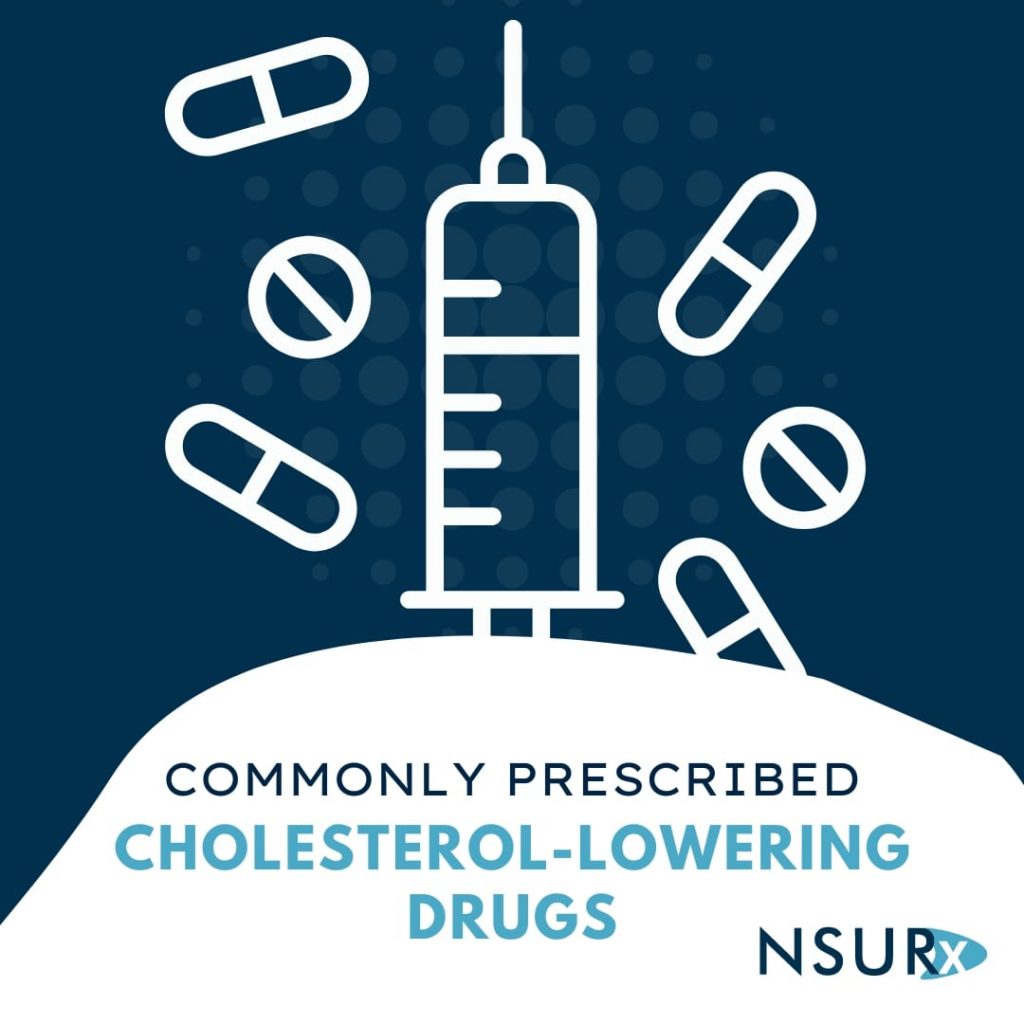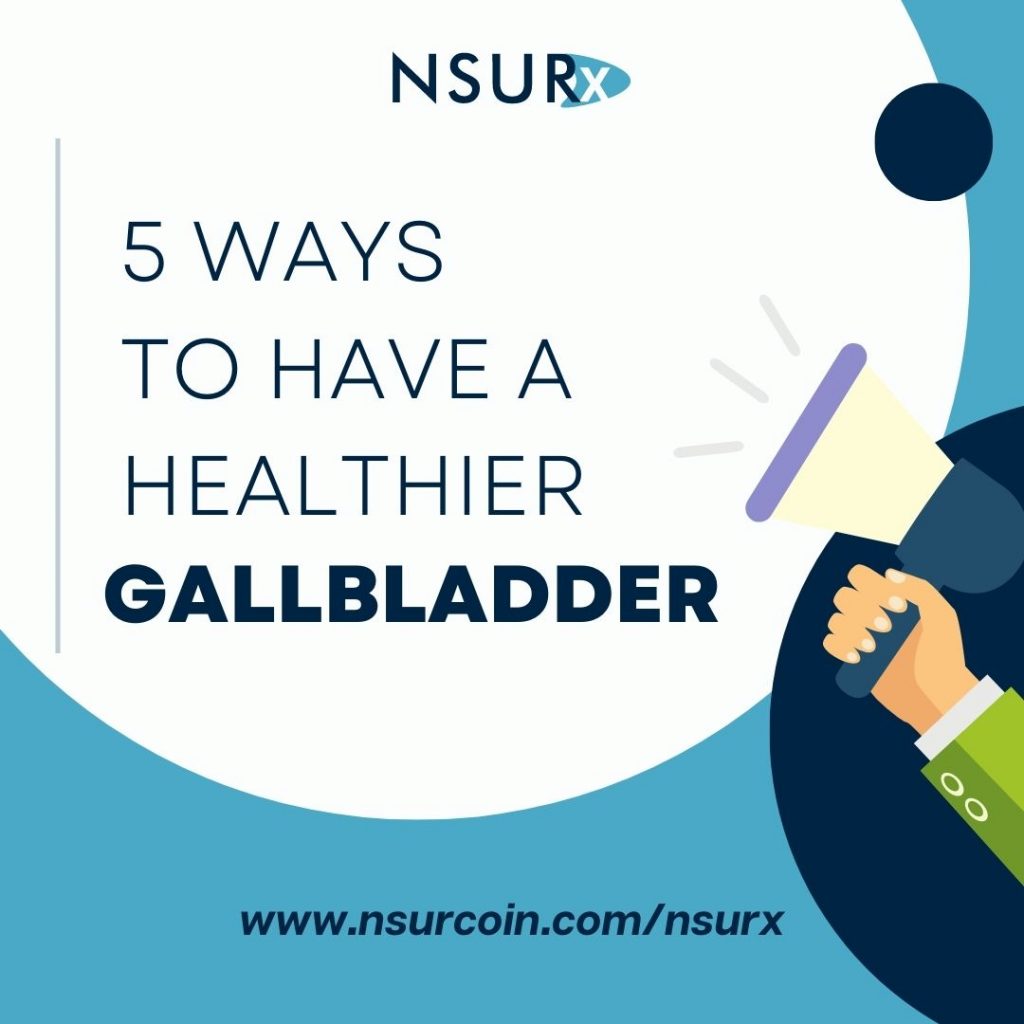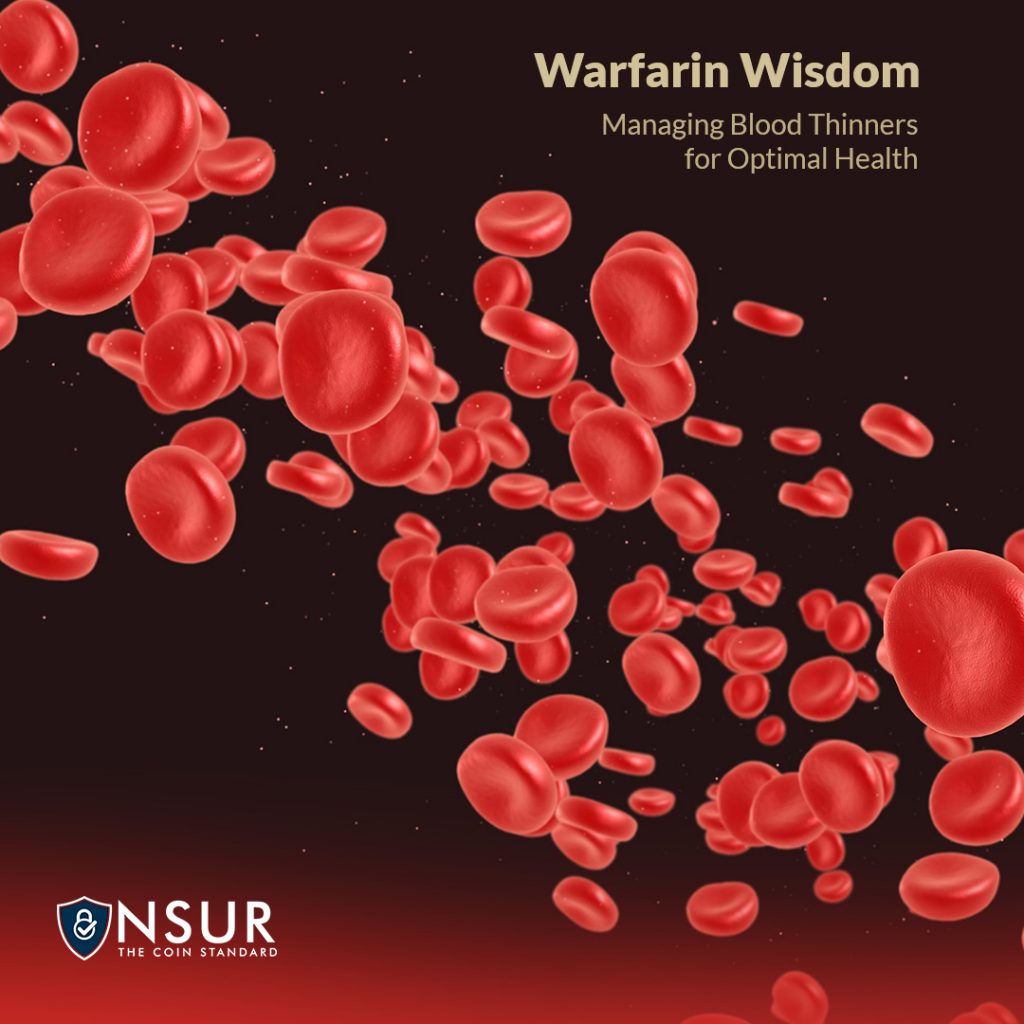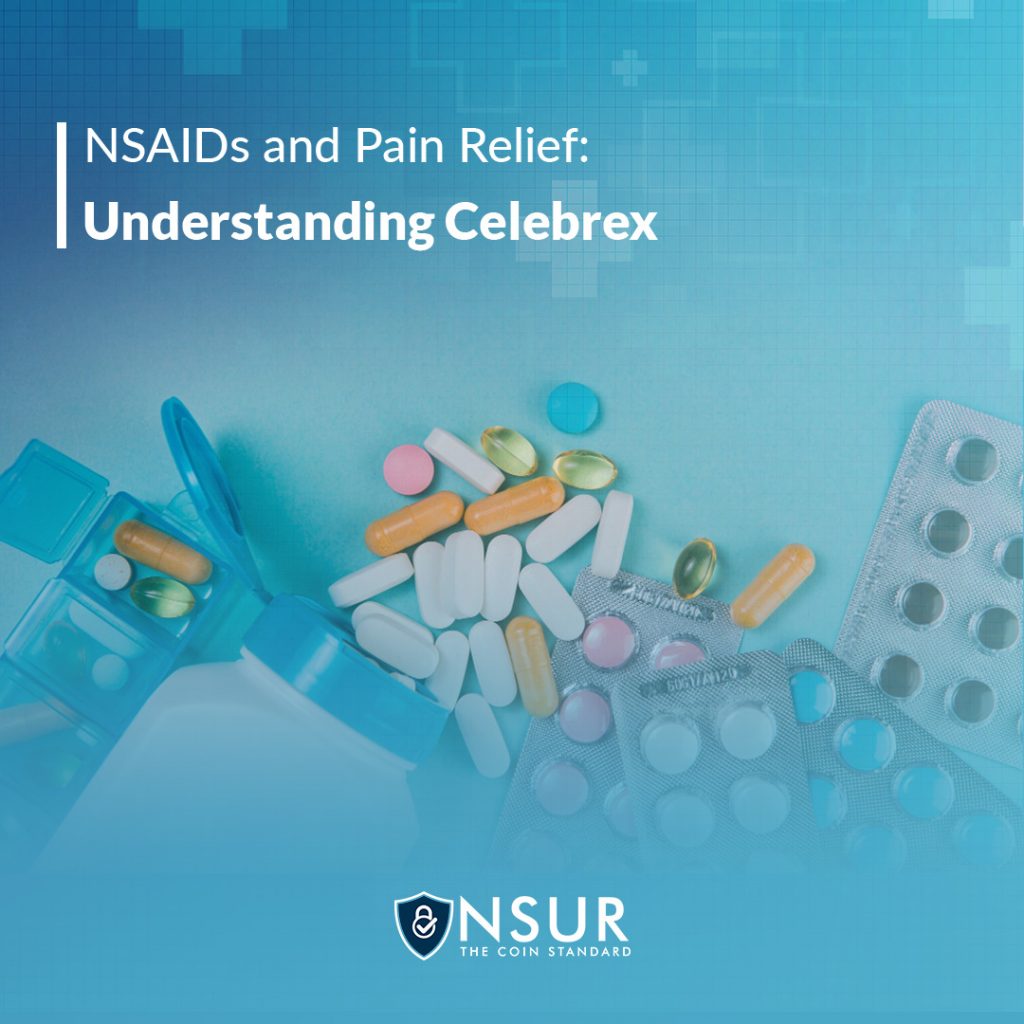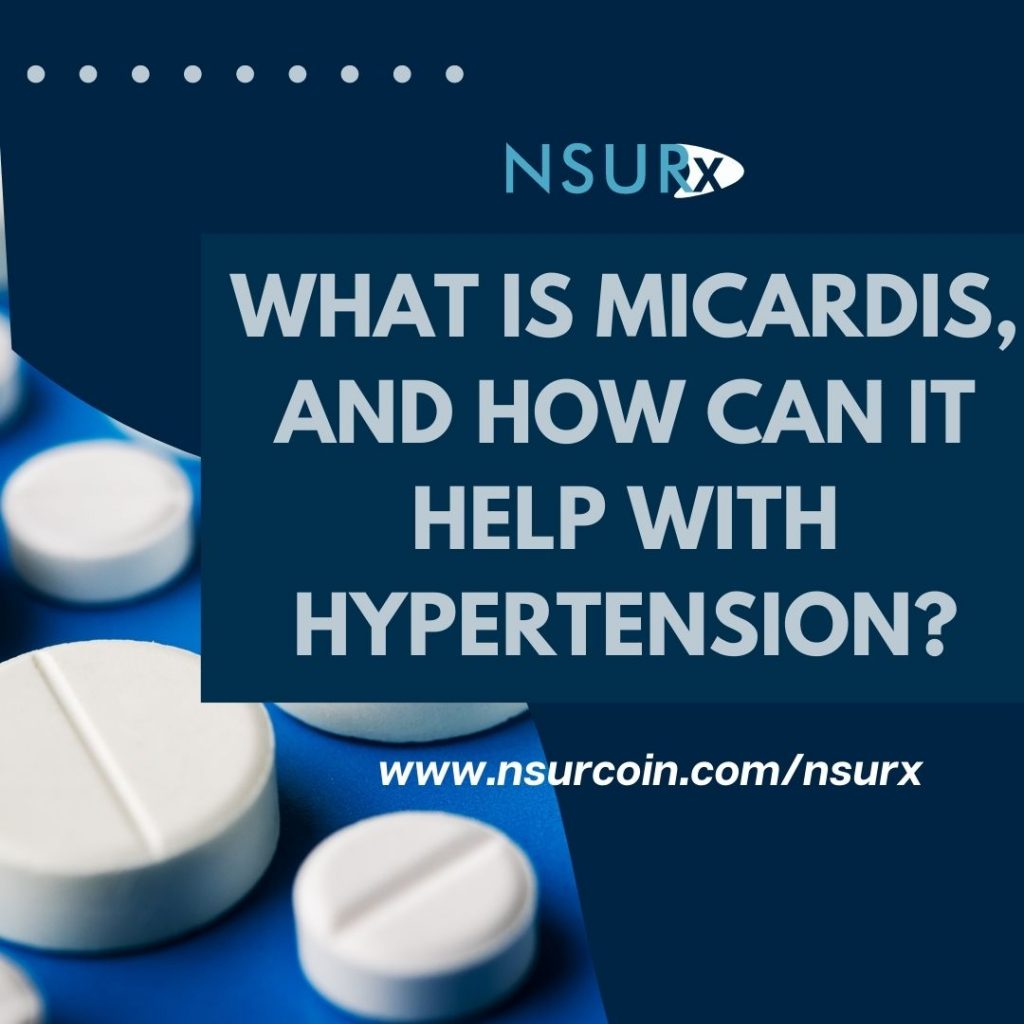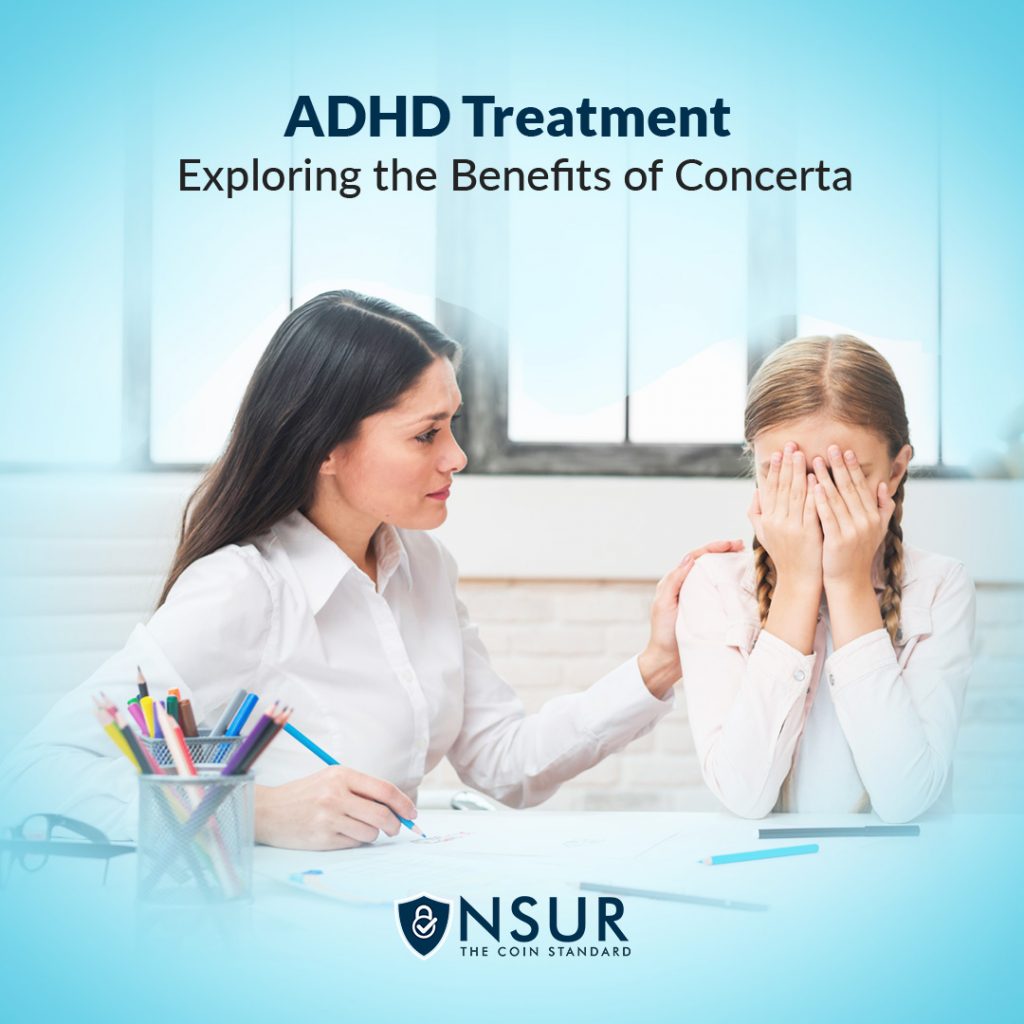
Attention-Deficit/Hyperactivity Disorder (ADHD) is a neurodevelopmental disorder that affects both children and adults. It is characterized by difficulties in sustaining attention, impulsivity, and hyperactivity. Fortunately, there are various treatment options available to manage ADHD symptoms and improve quality of life. One such option is Concerta, a medication commonly prescribed for ADHD. In this blog post, we will explore the benefits of Concerta and its role in ADHD treatment.
Explaining Concerta
Concerta is a brand name for the extended-release formulation of the medication methylphenidate. It belongs to a class of drugs known as stimulants, which work by affecting certain chemicals in the brain to enhance focus, attention, and impulse control. Concerta is available in different strengths, allowing for individualized dosing based on the needs of each patient.
Benefits of Concerta
- Improved Focus and Attention: One of the primary benefits of Concerta is its ability to enhance focus and attention. This can result in increased productivity and better academic or occupational performance.
- Reduced Impulsivity: Concerta helps individuals with ADHD better manage impulsive behaviors, allowing for improved self-control and decision-making.
- Decreased Hyperactivity: Hyperactivity is a common symptom of ADHD, and Concerta can help reduce excessive restlessness and fidgeting, promoting a calmer state of mind.
- Extended Duration of Action: Concerta is an extended-release medication, meaning it provides a steady release of methylphenidate over an extended period. This allows for once-daily dosing, reducing the need for multiple doses throughout the day.
- Convenient Administration: Concerta is available in a convenient tablet form that can be taken orally. It eliminates the need for frequent dosing, enhancing adherence to treatment plans.
Treatment Effectiveness
Multiple studies have demonstrated the effectiveness of Concerta in managing ADHD symptoms. Research has shown that Concerta can significantly improve attention, reduce hyperactivity, and enhance impulse control in both children and adults with ADHD 1. Additionally, Concerta has been found to improve academic performance and overall functioning in individuals with ADHD 2.
Considerations and Precautions
As with any medication, it is important to consider potential side effects and precautions associated with Concerta. Common side effects may include decreased appetite, insomnia, and stomach upset. However, these effects are typically mild and tend to diminish over time. It is crucial to consult with a healthcare professional who can provide personalized guidance and monitor any potential adverse effects.
Concerta, as an extended-release form of methylphenidate, offers numerous benefits for individuals with ADHD. By improving focus, reducing impulsivity, and decreasing hyperactivity, Concerta plays a crucial role in managing ADHD symptoms and improving overall quality of life. Remember, this blog post serves as an informative guide, and it is essential to consult with a healthcare professional for personalized advice and guidance regarding ADHD treatment options.
Take advantage of NSURx for your prescription drugs!
With the NSURx Prescription Benefit Card, you can save money on your medications at more than 35,000 pharmacies across the United States.
You can save up to 80% on your medication by using an NSURx card. Hundreds of dollars in savings could be yours every time you fill out your prescription.
The more you shop with NSURx, the more NSUR Coins you will receive as a reward.
Conclusion
Thank you for reading our blog post on the benefits of Concerta for ADHD treatment. We hope this information has provided valuable insights into this medication’s role in managing ADHD symptoms. If you or a loved one is considering Concerta as part of an ADHD treatment plan, consult with a healthcare professional who can offer personalized advice and guidance based on individual needs. Remember, managing ADHD requires a comprehensive approach that may include behavioral interventions, therapy, and support alongside medication.
Disclaimer
This blog post is intended for informational purposes only and should not be considered a substitute for professional medical advice. Always consult with a qualified healthcare provider for personalized recommendations and guidance.



